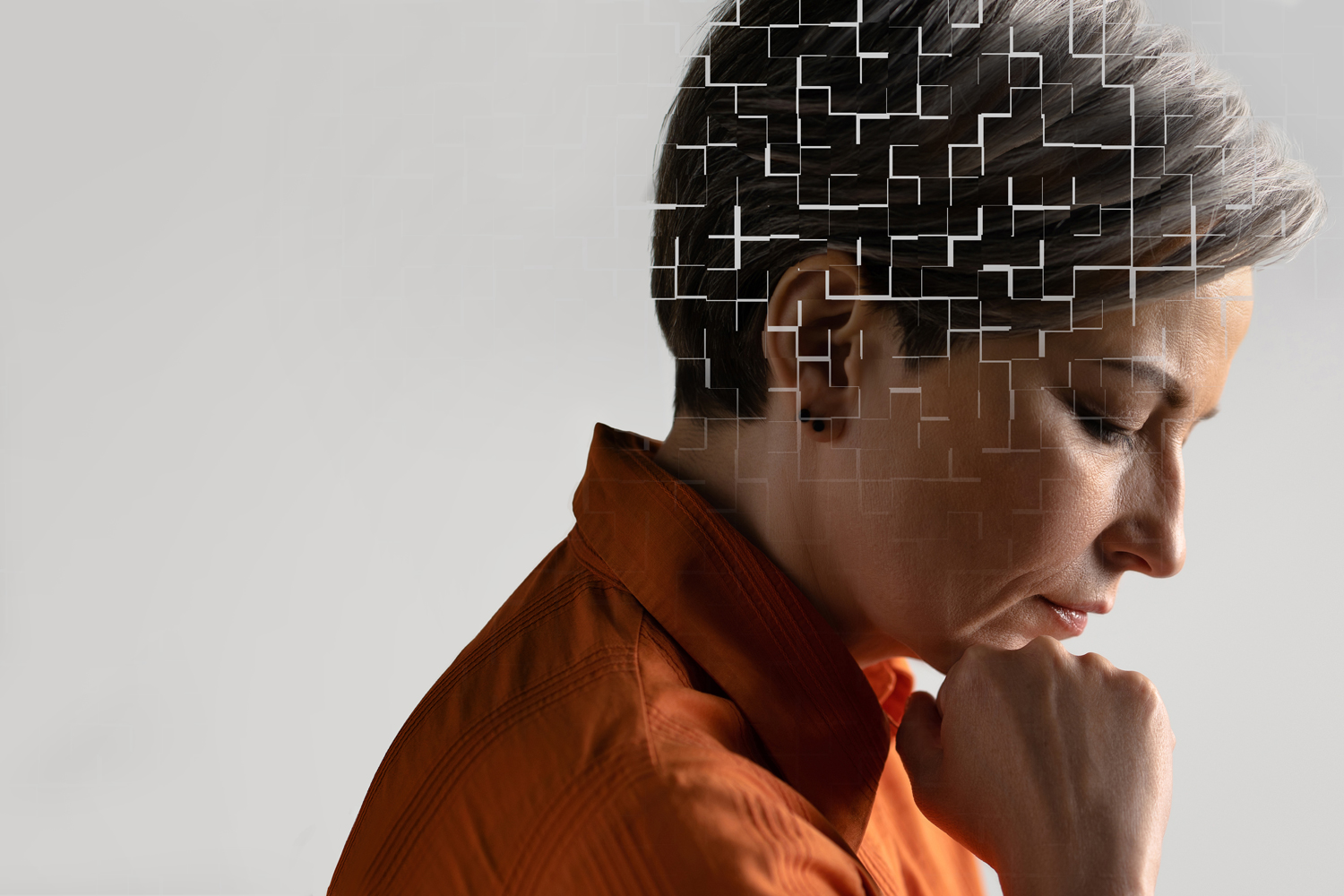Coping with Chemo Brain

BEFORE MEGAN-CLAIRE CHASE received her first round of chemotherapy in October 2015, her oncologist told her that side effects of cancer treatment could include some memory loss. “They said, ‘You might get a little forgetful. It will probably be minimal. Don’t freak out,’” she says. Chase, who was single, 39, and working in radio advertising in Atlanta, didn’t think much about it at the time. She was more concerned with treating the tumor and managing other unwelcome complications that cancer introduced to her life.
Chase had already seen her routines upended. A month earlier, she had discovered a large mass in her left breast and unusual bruises nearby. A diagnostic mammogram and biopsy led to a diagnosis of stage IIA invasive lobular breast carcinoma, which originates in the milk glands of the breast and invades nearby tissue before spreading to lymph nodes. Over the next few months, she would undergo 16 treatments with chemotherapy and 33 with radiation. During that time, she noticed a diminishing ability to think, reason and remember things.
She first noticed a problem with memory after her second round of chemo, when she was already feeling nauseated and losing her hair. She had gone to a store to pick up groceries. When she arrived home, she reached to take her purse from the car—only to find it wasn’t there. She stood, completely astonished, for a few seconds. Then she panicked and raced back to the store parking lot, where she found the purse untouched in the shopping cart.
“That was my first moment of dealing with chemo brain,” Chase says. She hadn’t simply forgotten the purse; this experience was something more than forgetting. “I literally had no memory of it. It’s not like I got stressed and forgot and remembered. It was just gone, like a void. It’s deeper than forgetting.” She suspects the only reason she realized the purse was gone was because she physically reached for it and had nothing to grab, not because she remembered leaving it behind.